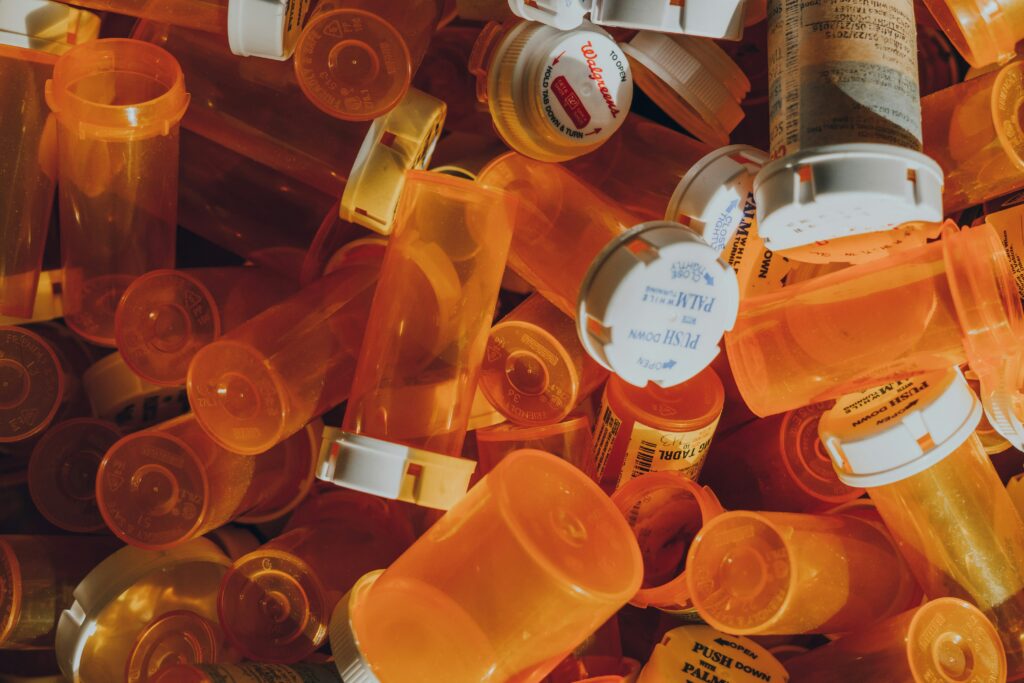
For this week’s inquiry, I will talking a bit about substance use prevention. and the role that schools. can play in this realm. Growing up, I partook in the D.A.R.E program when I was in grade six, and throughout my middle school years, my teachers would have us do projects about the dangers of substance use. However, it seems that the paradigm has shifted a lot since then. I think a lot of these more traditional programs have proven to not be that effective, and I think it is of grave importance for human services professionals (including teachers) to be aware of best practices considering the toxic drug crisis in B.C.
What DOESN’T work?
- Abstinence-based programs don’t really work. Youth do not see this option as especially realistic, and it does not reflect their realities. Further, for youth already struggle with substance use, abstinence may cause further physical health challenges. In fact, programs such as Alcoholics Anonymous — while obviously effective for some people — have a success rate that is often said to be in the low-to-mid single digits.
- Moralizing programs don’t work. When drugs are framed as “bad” or “evil”, they do not reach the populations that may most need this education. Yes, it will work for some, but many will write them off as being dramatic or unrealistic.
- Police-centred programs, while prominent, are not always the most effective path. Police officers are sometimes not trained in best practices of substance use and may not have the time or resources to deliver the most effective programming by themselves. Instead, schools and teachers should consider a partnership wherein a police officer, if they must be involved, are supported by other professional mental health practitioners.
A better way forward
- Programs should be integrated into “real life” experiences; This means teaching substance use not as a standalone subject, but alongside other social skills curricula. As well, programs should be tailored to the specific community and students that they are being delivered to. Every group has different needs, and substance use programs should consider this idea.
- Practitioners running these programs should consider offering “Booster sessions”; That is, don’t make substance use awareness programs a “one and done” event. Instead, they could be run at different times throughout the year and meet needs as they come up.
- Substance use prevention programs should be family-centred, and education should be provided to parents and guardians as well as youth. Family therapy programs and/or family-based CBT (Cognitive Behavioural Therapy) programs have also proven to be highly effective when supporting youth with substance use challenges.
What I found both interesting and kind of concerning through my learning this week was that there is not really a one-size-fits-all approach to substance use programming. Therefore, it is important to focus on some big-picture principles: Cultural competence, understanding your demographics, and understanding the risk factors associated with substance use (familial conflict, racism, poverty, etc.). If I ever design a program like this, or bring one into my classroom, I will ensure that it is community-focused, focused on the youth in their family contexts, and integrated alongside broader social skill development. I will ensure that additional learning is available, as necessary.
I am curious if any of my peers have ever done the D.A.R.E program (or anything similar) and what their thoughts on it were if so.
See you next week!
Markus
Leave a Reply
You must be logged in to post a comment.